News
Launched in 1999 and updated regularly, Statewatch News includes our own reporting and writing as well as articles, announcements, documents and analyses from elsewhere on civil liberties, EU policies and state practices. You can receive updates in your inbox by signing up to our mailing list, or use our RSS feed to get instant alerts.
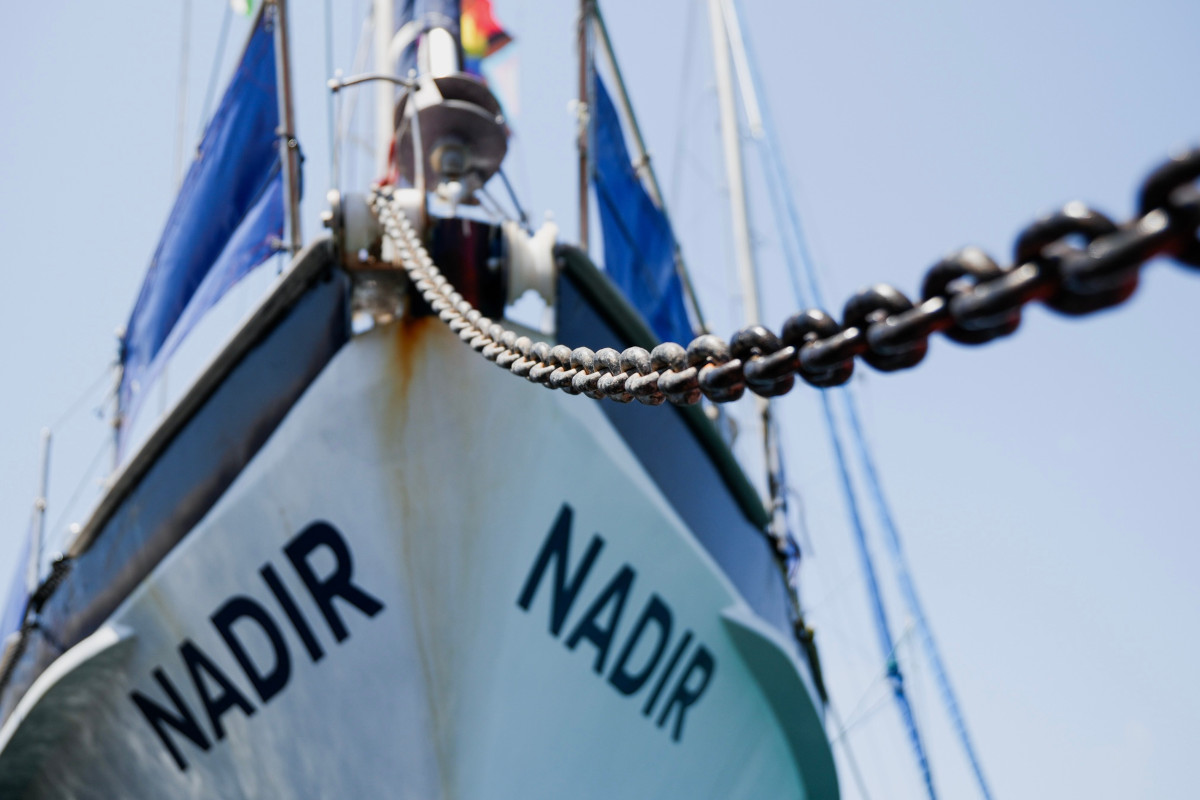
Italy's "systematic obstruction" of civilian search and rescue missions must end
A statement signed by 32 organisations from across Europe calls for an immediate halt to the systematic obstruction of non-governmental search and rescue (SAR) efforts by the Italian state. In the past month alone, NGO vessels have been detained three times due to legal restrictions based on allegations under the “Piantedosi decree" (named after the current interior minister). One vessel, Nadir, operated by the organisation RESQSHIP, was detained twice in a row. Deliberately keeping non-governmental search and rescue organisations away from the Central Mediterranean causes countless more deaths at sea on one of the deadliest flight routes worldwide.
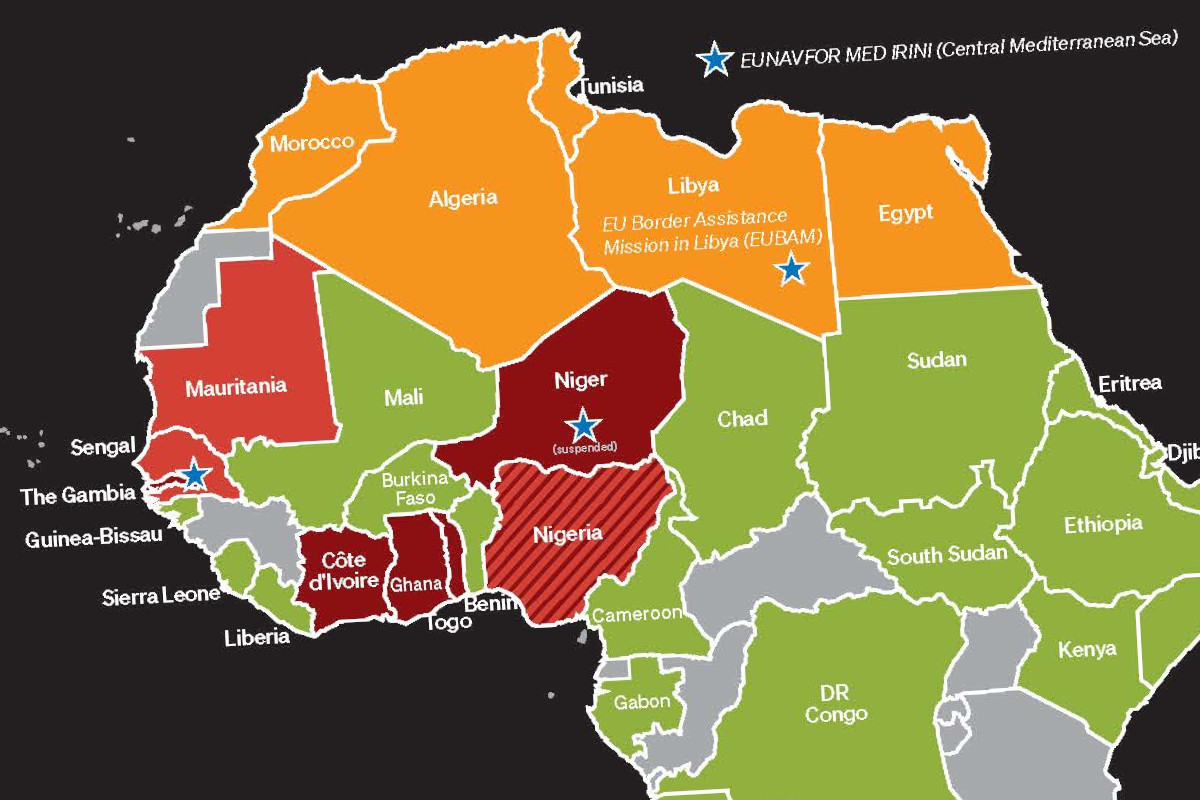
New report examines Frontex's growing role in West Africa
A new report provides a critical examination of the evolving role of Frontex, the EU Border and Coast Guard Agency, in West Africa.

EU police chiefs seek limits to “ambitious overhaul” of Europol
Another upgrade to the powers of EU police agency Europol is in the works. The European Commission wants to see an “ambitious overhaul” so it can become “truly operational.” European police chiefs, however, are sceptical. A “strategic debate” amongst member state delegations is ongoing, but remains behind closed doors.
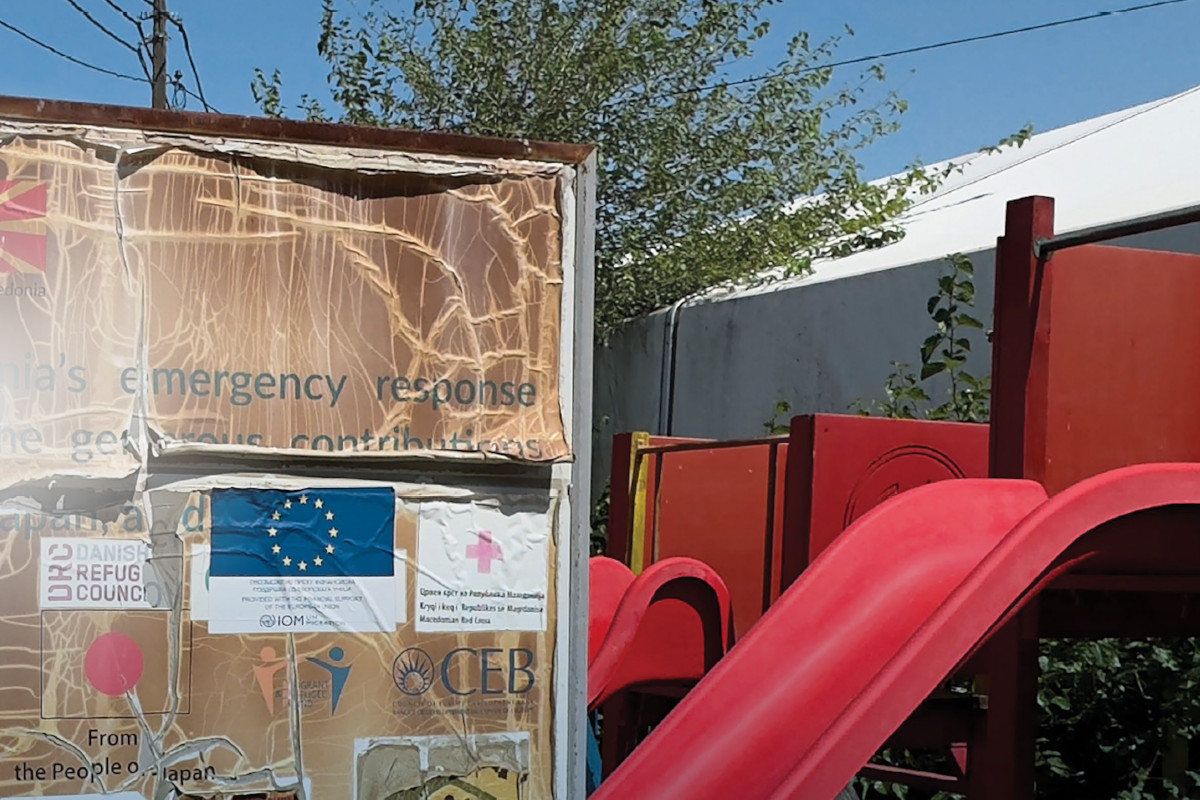
Frontex accused of failing to prevent pushbacks and child rights violations in the Balkans
Frontex’s own fundamental rights watchdog has raised the alarm over pushbacks and serious protection failures in countries where the agency operates.

UK: Undercover policing: new archive sheds light on the spycops scandal
In 2010, a police spy was uncovered in the UK environmental movement. His exposure set off a chain of events that led the government to announce an official Undercover Policing Inquiry. Now, a new archive gathers all the documents released by that inquiry since public hearings began in 2020. It is designed to help activists continue the fight against political policing and state secrecy, and to push for transparency and accountability.

EU states demand more migration control cash in next long-term budget
EU member states want significantly more money allocated to migration control in the bloc’s next long-term budget, set to run from 2028 to 2034. This is according to a document produced by the Polish EU Council Presidency and circulated on 12 June. Spending on external migration control from current budgets is already above expectations.

Police racism and criminalisation across Europe increasingly fuelled by digital 'prediction' and profiling systems
London, 30 June 2025 – The civil liberties organisation Statewatch has published a report that reveals how police and criminal legal system authorities across Europe are using data-based, algorithmic and AI systems to ‘predict’ where crimes may occur and profile people as criminals, despite the EU’s apparent ban on so-called ‘predictive policing’ systems in the Artificial Intelligence Act.

UK: Electronic tagging: the normalisation of a “fascist or totalitarian” technology
Electronic tagging has long been a controversial means of monitoring and restricting the movement of people outside of prisons. The British government is expanding the use of electronic tagging against people with criminal convictions, asylum seekers and migrants. A report from 1989, held in the Statewatch Library & Archive, shows remarkably fierce opposition to the practice from what might seem an unlikely source: the Prison Officers’ Association.
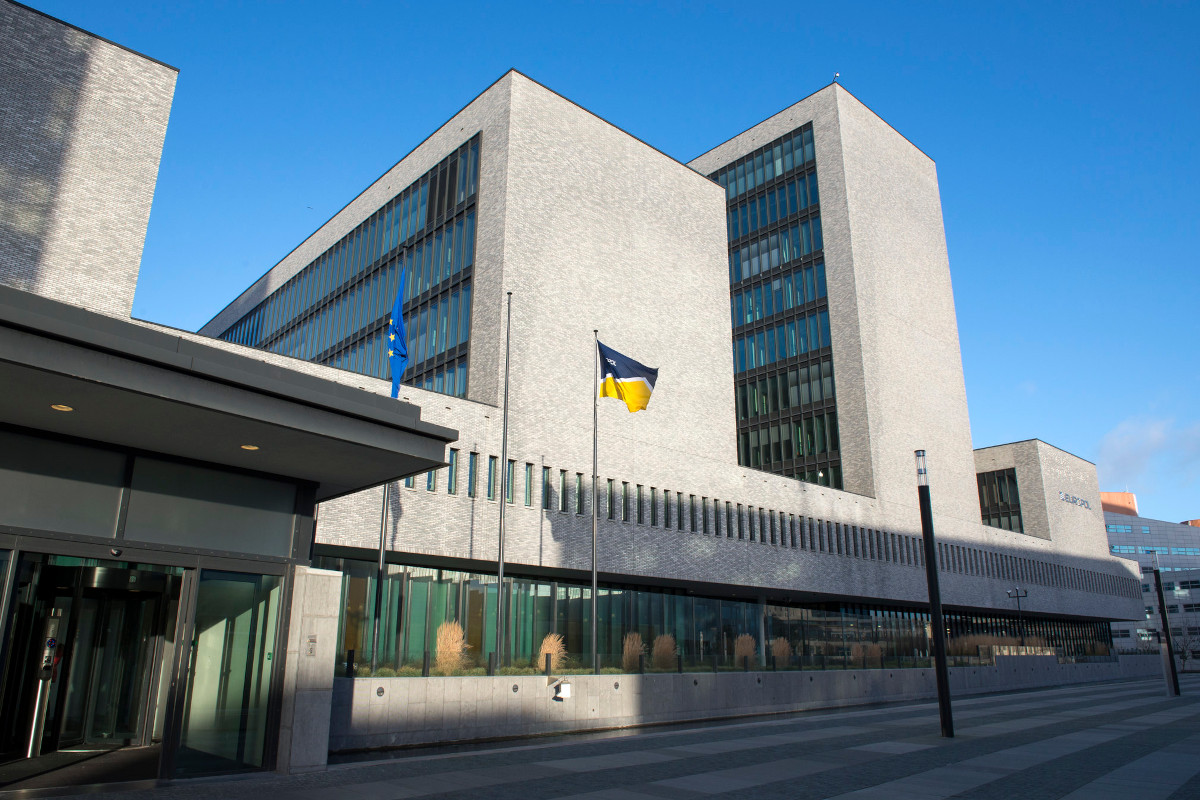
Activist demands compensation from Europol for illegal surveillance
A Dutch political activist last week filed a legal complaint with EU police agency Europol, seeking compensation for the unlawful processing and handling of his personal data. The move is likely to lead to litigation at the European Court of Justice to determine Europol’s liability. This case could help clarify the rights of individuals seeking redress against Europol’s growing surveillance and data-gathering efforts.

EU under pressure to cancel data adequacy agreement with Israel
Israel's "combination of legal reforms, unchecked intelligence access, and the operational deployment of EU-linked data in repressive practices further undermines the credibility of Israel’s adequacy status," warns a letter to the European Commission signed by 17 organisations, including Statewatch.

"We must build a different future while we can": collective statement calls for urgent change of course
A declaration coordinated by the Palestinian Institute for Climate Strategy ties together the crises of border violence and refugee deaths at sea, extractivism and fossil fuel dependence, militarism, Big Tech and corporate power, the genocide in Palestine, and environmental destruction in the Mediterranean. It makes an urgent call for a transformative social, environmental and political alternative.

New report examines Algeria's role in the European border regime
A new report looks at the way the Algerian government has increased its involvement in border control initiatives promoted by European governments, after decades of reluctance to do so.
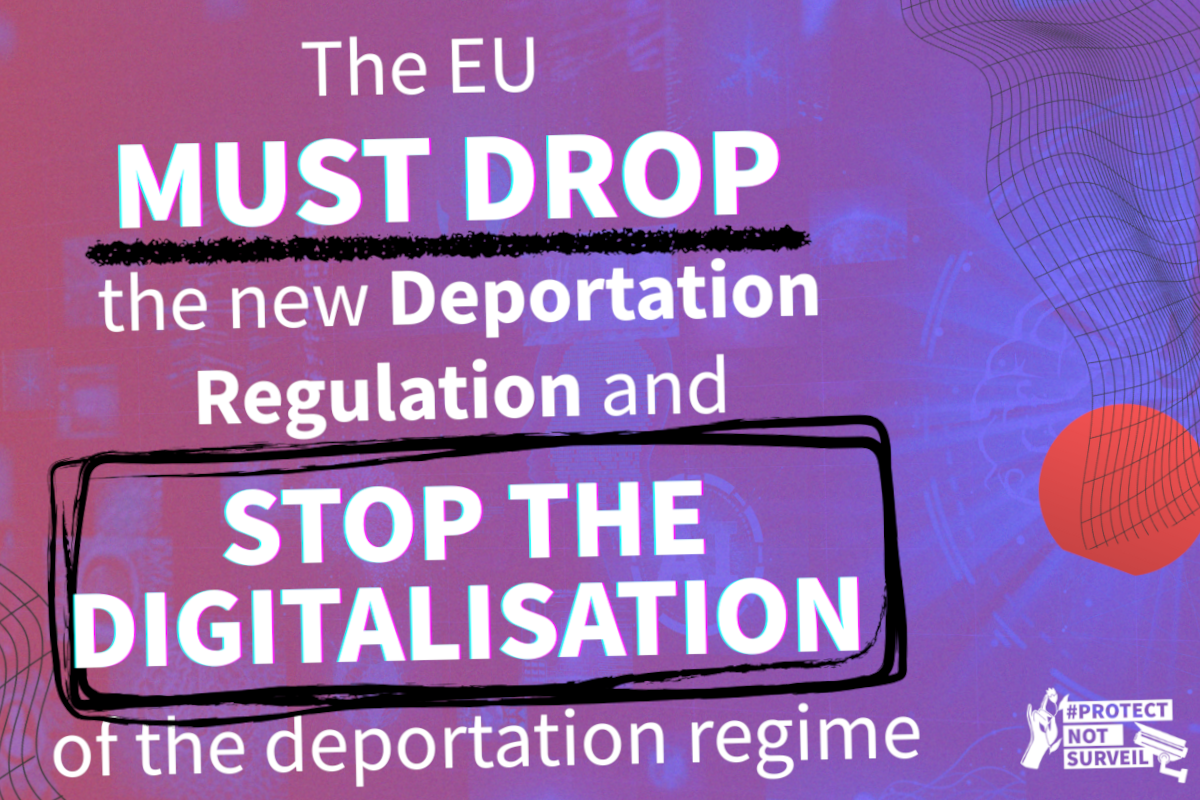
EU: Proposed deportation law fuels "far-right narratives" and should be withdrawn, says letter
EU lawmakers should drop the proposed deportation Regulation, says an open letter signed by 12 members of the #ProtectNotSurveil coalition, including Statewatch. The letter warns that the proposal will violate peoples' rights through an expansion of the EU's digital surveillance and control infrastructure.
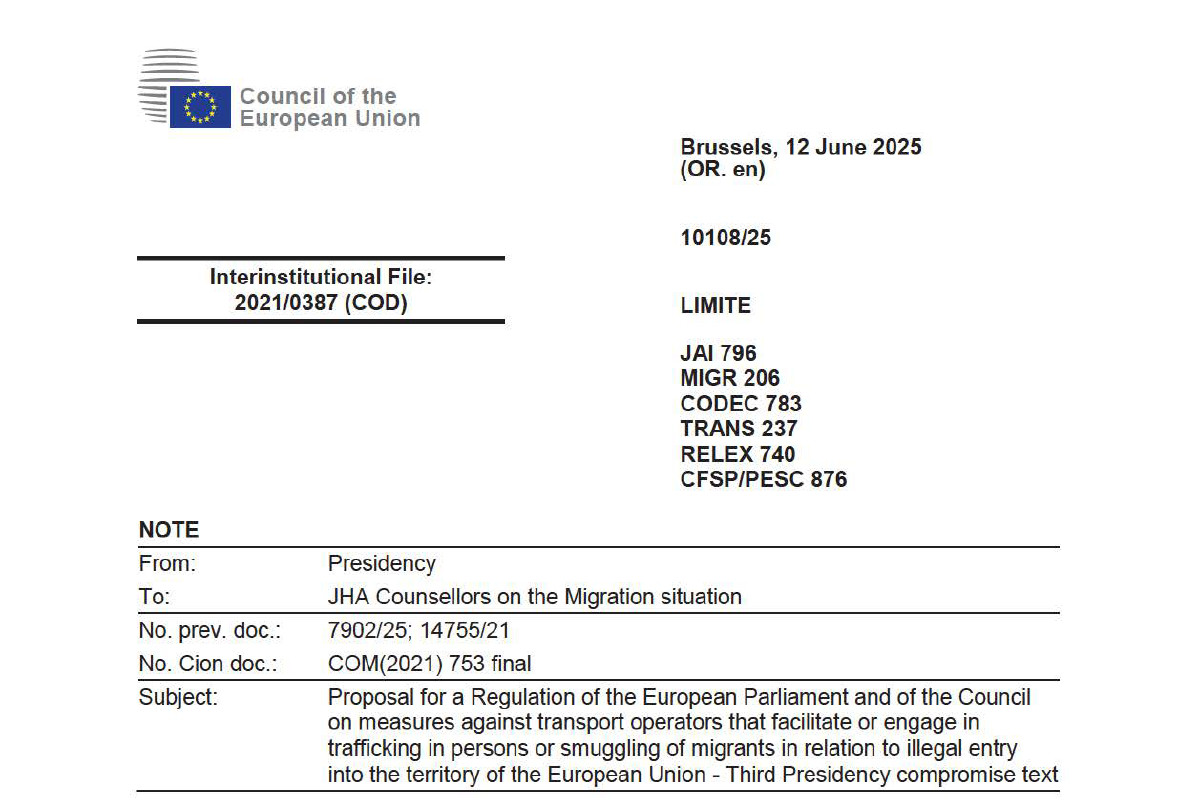
Document: EU measures against transport operators involved in migrant smuggling
The latest Polish Council Presidency draft of the proposed Regulation "on measures against transport operators that facilitate or engage in trafficking in persons or smuggling of migrants". If a company were deemed to be engaged in those activities, the EU would be able to suspend port visitation rights, road or rail transportation licences, or to limit the scope of existing licences.
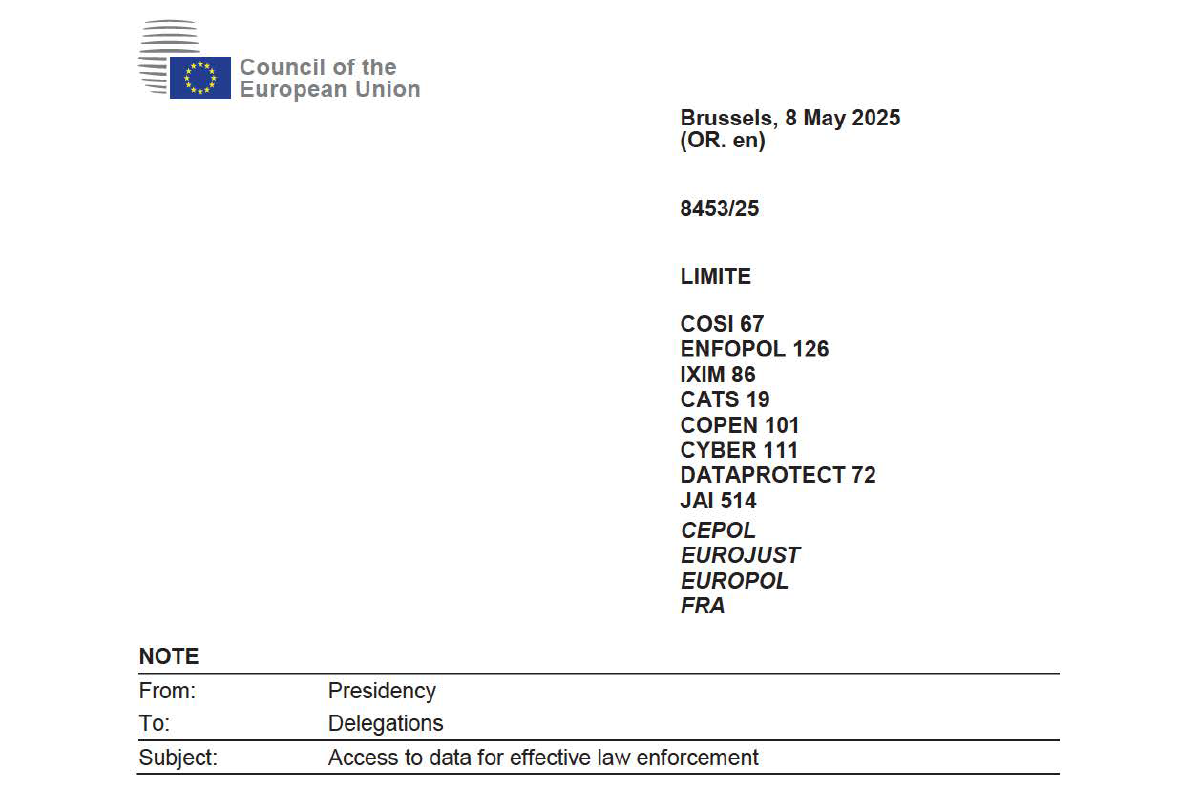
Document: Access to data for effective law enforcement
The Council of the EU's proposed priorities for law enforcement access to data, covering: measures to be implemented immediately; priorities for the European Commission's upcoming "roadmap to ensure lawful and effective access to data"; and ideas for ways to "foster a constructive public discourse."

Longstanding failings in police databases likely to worsen under new deportation law
The EU’s new deportation law will expand a database that has long led to abuses and rights violations, particularly in relation to the right to data protection.

European civil society calls for the protection of the freedom flotilla and an end to the Gaza blockade
A vessel attempting to carry medicine, food, and infant supplies to Gaza is currently sailing across the Mediterranean. A previous attempt at such a voyage was ended following an attack by armed drones. A letter so far signed by 220 organisations and 4,700 individuals calls on European and other governments to take action to ensure the protection of the vessel, and an end to the siege and bombing of Gaza: "The fate of millions of people in Gaza and the humanitarians trying to support them depends on our collective ability to respond with strength and determination."

Border externalisation: more EU support for violence in North Africa, joint EU-UK plans, and more
Racist violence in North Africa: EU governments know exactly what is happening, and plan to continue support /// EU and UK consider joint external migration control projects /// Africa Frontex Intelligence Community: documents released /// EU officials talk "asylum policy and homeland security" at European Police Congress

How the EU coordinates the outsourcing of migration control
It is no secret that the EU is seeking greater cooperation from non-EU states in its migration control agenda. Less is known, however, about precisely how that cooperation is organised and encouraged. A document produced last year and released in response to an access to documents request from Statewatch provides some further details on the topic, pointing to avenues for advocacy, research and investigation.

UK undermining data protection rights and putting EU agreements at risk
Changes to UK law will undermine data protection standards, posing risks to individual rights and leading to calls for the EU to review the "adequacy decisions" that deem the UK a safe destination for transfers of personal data. A letter from seven organisations, including Statewatch, calls for the EU to urgently reassess the UK's adequacy status, "to protect fundamental rights and uphold its credibility as both the guardian of the EU’s legal order and a global leader in digital rule-making." However, the EU is also currently seeking to downgrade data protection standards, for the same purpose: economic deregulation.
Spotted an error? If you've spotted a problem with this page, just click once to let us know.